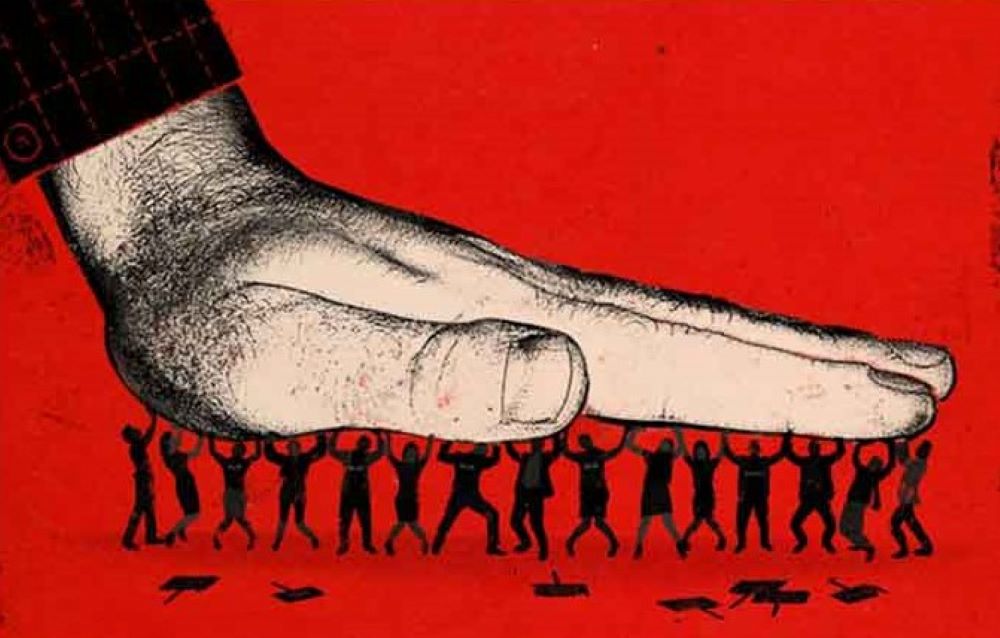One gets the impression that by narrowing the space for civil action, the government is trying to homogenize public opinion on high foreign policy priorities, instead of allowing for a broad and essential debate about them.

Bojana Selaković
The global and regional disturbances that marked the past year clearly demonstrated the weaknesses of democracy and shortcomings of institutional capacities in Serbia. The war in Ukraine and the intensification of dialogue between Belgrade and Prishtina pushed all other topics out of focus of institutions and of the public space in general, creating further polarisation between both political actors and citizens themselves. A collapse of basic rights and freedoms occurred between these two processes, primarily in the form of numerous irregularities during the election cycle, but also cases of violations of freedom of assembly and expression during 2022, as noted in numerous domestic and international reports. One gets the impression that by narrowing the space for civil action, the government is trying to homogenize public opinion on high foreign policy priorities, instead of allowing for a broad and essential debate about them. This clearly spills over into the process of Serbia’s EU accession, because all these cases are reflected in the assessments of Serbia’s progress in the segment of political criteria. This is why special attention should be paid to the trend of simulating democracy, which, for the purposes of Serbia’s formal progress in the negotiation process, masks weaknesses of the fundamental foundations of democracy – the principles of separation of powers and the rule of law. As the space for civic action narrows, the space for decision-making narrows in parallel. Mechanisms that ensure the influence of the public on decision-making processes exist, and are even being formally improved, but the essential influence of citizens and the professional public still remains minimal. Public debates and consultations are organized, but without the essential will to realistically see and consider proposals and objections that come from civil society.
Right now, special attention should be paid to the role of the Parliament, which in the current mandate, unlike the previous ones, reflects a certain level of political pluralism. Nevertheless, MPs of the political opposition face numerous obstructions from the ruling parliamentary group. This renders the position of the Parliament as a representative body of citizens, which, in addition to the legislative, should also perform a controlling function in relation to the work of the Government, meaningless. One of the most illustrative examples is the passivity of the National Assembly in relation to the people’s initiative for the adoption of a law that would prohibit exploitation of lithium in Serbia. Although the people’s initiative was submitted in accordance with the provisions of the new Law on Referendum and People’s Initiative, the adoption of which was praised by relevant international actors, the National Assembly did not take any procedural steps that would lead to the submitted initiative being declared upon by the MPs. In this way, all legal deadlines stipulated by the law were broken, without any explanation from the President of the National Assembly. The subject of the people’s initiative refers to a topic that was very visible until last year’s elections and in which a large number of citizens are interested, which was removed from the public space due to the reactions of the President of the Republic and the Prime Minister of the Republic of Serbia. Bearing in mind the importance of the adoption of this law for the purposes of organizing a constitutional referendum, it is necessary to insist on the procedural completion of this people’s initiative, the first one to be submitted under the rules and conditions of the new Law on Referendum and People’s Initiative. Otherwise, the people’s initiative as a powerful civil and democratic tool, provided for by the Constitution of the Republic of Serbia, will be rendered completely meaningless.
Bojana Selaković, coordinator of the National Convention on the European Union



Leave A Comment